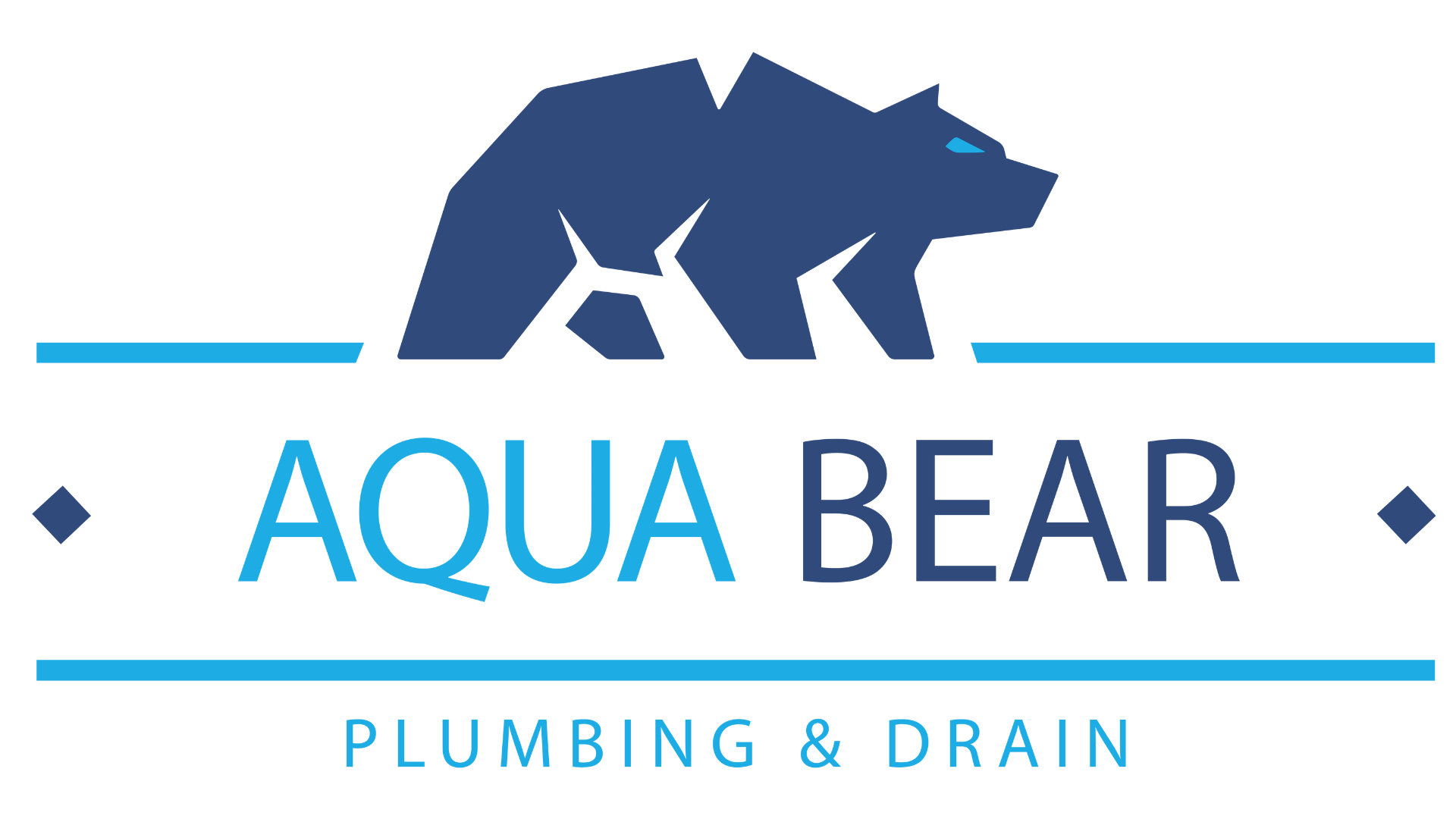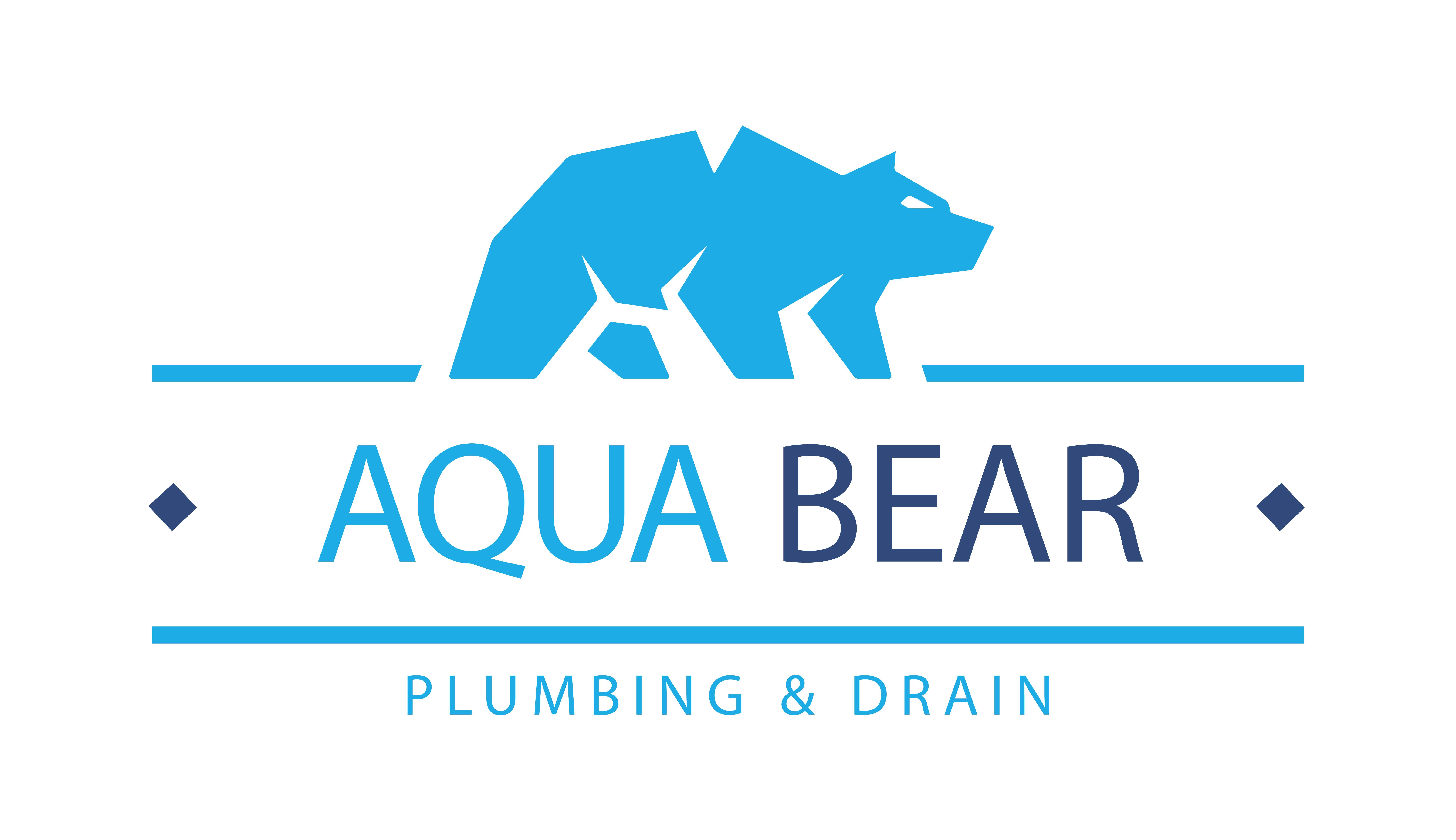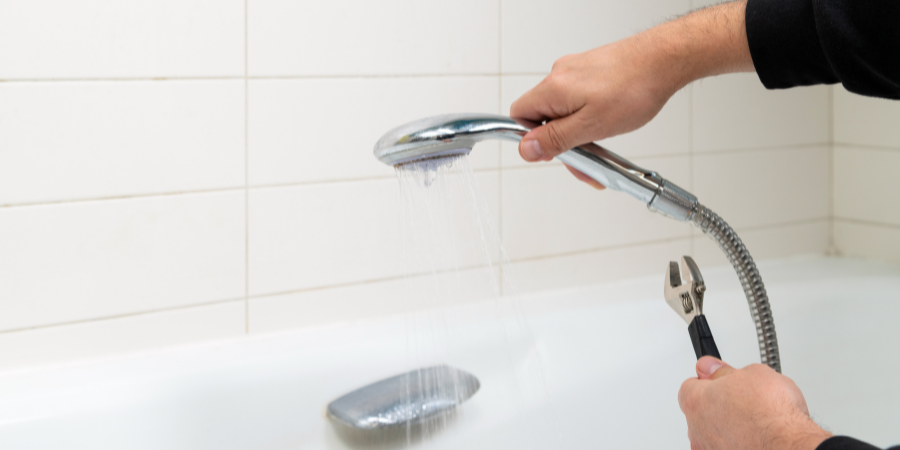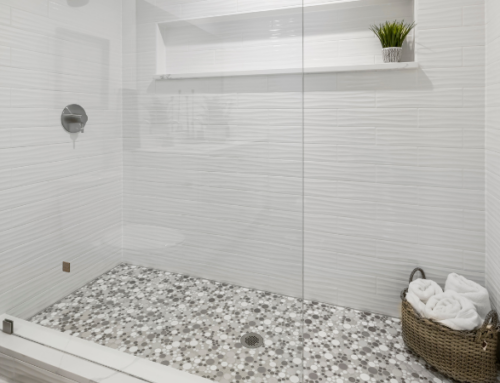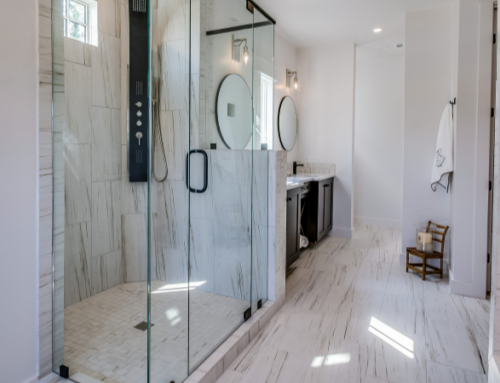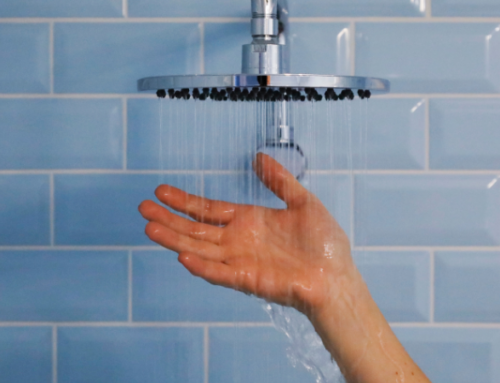In this article, we will look at six common shower problems our customers encounter and ways you can help prevent them from occurring. Some of these issues are easy to detect and repair, while others require the experience and expertise of a professional plumber. Let’s begin by examining two issues that likely can be handled by homeowners and then proceed to the more severe shower issues.
Clogs
A clogged drain is a shared shower problem experienced by many homeowners. Hair follicles mix with oily shower products to form clogs. While many of these can be handled with the use of a plunger, some require more specialized equipment and knowledge so the problem is not made worse by the cure.
Now is a good time to remind homeowners that chemical drain cleaners should never be an option. The ingredients in these cleaners are toxic to the environment and dangerous if inhaled, and the chemicals react with plumbing pipes, causing them to deteriorate.
Prevention
First, a drain cover should be installed to prevent hair or other unwanted items, such as small children’s toys, from entering the drain. Be sure to keep these screens cleaned regularly.
In addition, reduce the amount of oily shower products and use soaps better suited to plumbing, like those that produce less soap residue.
Leaks
Underneath the shower floor and traveling up the wall are water service lines that supply hot and cold water to the faucet and shower head. Wear and tear on the lines can cause them to crack and leak. If you notice wet areas around the shower, even when it is not in use, you can suspect the supply line is leaking.
Faulty gaskets, rings, and seals can cause the faucet or showerhead to obnoxiously drip. Leaky faucets can waste a considerable amount of water and unnecessarily increase your water bill. They can also require you to replace your components prematurely, so correcting these issues promptly is a good idea.
Prevention
Yearly plumbing inspections can help prevent leaks in supply lines or, at the very least, detect them early so the water damage and health-related issues they create are minimal.
Handy homeowners can replace gaskets and seals themselves, but it should be noted that exact replacement parts are not always simple to identify. This is where the experience of a professional is well worth the investment.
Odors
Loose tiles, cracked grout, and caulking play a significant role in foul-smelling showers. These items are meant to create a watertight seal between the shower and the substructures supporting the weight of the shower.
When the seal is compromised, water seeps behind walls and floors and is quickly absorbed by building materials. The lack of ventilation, along with the dark conditions, encourages mold and mildew growth, causing the bad smell.
You can correctly surmise you have a mold issue by the smell and soft spots on walls and shower floors resulting from rotting substructures. This is a serious problem that requires immediate attention.
Prevention
If mold is present, you will need to remove it using a bleach-based mold-removing solution. Be sure to wear protective gear, as mold spores are airborne and can enter your lungs, creating severe respiratory conditions.
Once the mold has been eliminated, a professional plumber should be engaged to restore the grout and caulk to a watertight state and remedy the structural damage that can be identified by soft spots.
Noises
There are several causes of noisy plumbing pipes which can be heard while showering. Here are four common causes we often encounter.
Loose Pipes
Plumbing pipes travel long distances, which requires them to be supported. Metal pipe supports are used to attach plumbing pipes to floor joists or wall studs. When incorrectly installed, they can move when water travels through them, creating a rattling or banging noise.
Faulty Mixing Valve
The mixing valve is responsible for blending the hot and cold water supply to achieve the desired temperature during a shower. A faulty valve will have the cold and hot water competing for space, creating noisy plumbing.
Water Heater
Hot water arrives from the water heater to the shower head. If the heater is overly pressurized, it will send hot water at a high speed, creating banging noises in the shower plumbing pipes.
Air In The Pipes
Plumbing pipes are meant to carry water. Suppose air should find its way into the line from a leaking pipe, a broken valve, or an inaccurate thermostat. In that case, it will lead to inconsistent water delivery and loud noises from these compromised water lines.
Prevention
Water main breaks or routine repairs can allow air to enter plumbing pipes. Establishing routine plumbing maintenance will uncover these causes and quickly rectify them by bleeding the air out of the pipes and restoring the quiet flow of water.
Low Water Pressure
One of the most annoying issues plaguing showers is low water pressure. This condition likely is the result of hard water on plumbing pipes. Hard water is ladened with minerals such as calcium and magnesium that cling to pipe interiors and restrict water flow.
Prevention
A yearly inspection will help with noisy plumbing in the shower. Loose supports can be tightened or additional brackets installed so pipes are tightly secured and not rattling.
Corrosion-filled pipes can be replaced, and limescale, a crusty white deposit left on faucets and showerheads, can be removed by soaking them in vinegar overnight
A water softener can be installed to remove hard water minerals, leading to low pressure.
The water heater’s components will be inspected and replaced to reduce noises resulting from the water heater. If the water heater is aging, it can be replaced with a more energy-efficient model, ending high-pressure issues.
The mixing valve can be adjusted to ensure safe water temperatures. A professional should only address this since scalding water is not a condition worth risking.
Looking To Eliminate These Common Shower Issues?
We are the plumber our customers recognize as reliable regarding their shower plumbing problems. We understand the risks and annoyances of a clogged drain, leaky faucets, smelly showers, and all the issues we identified in this article.
If you are suffering from any of these problems or are interested in enrolling in a yearly maintenance program to avoid these issues, give us a call. Our #1 priority is your safety and comfort, and where better to feel safe and comfortable than while enjoying a hot shower? Give us a call today!
